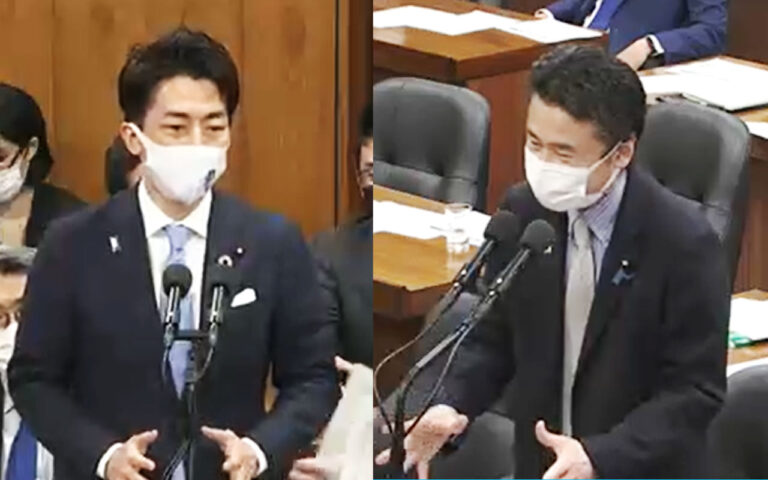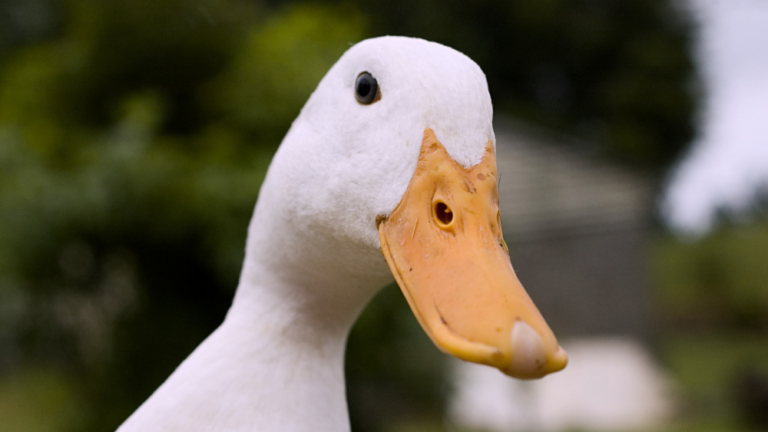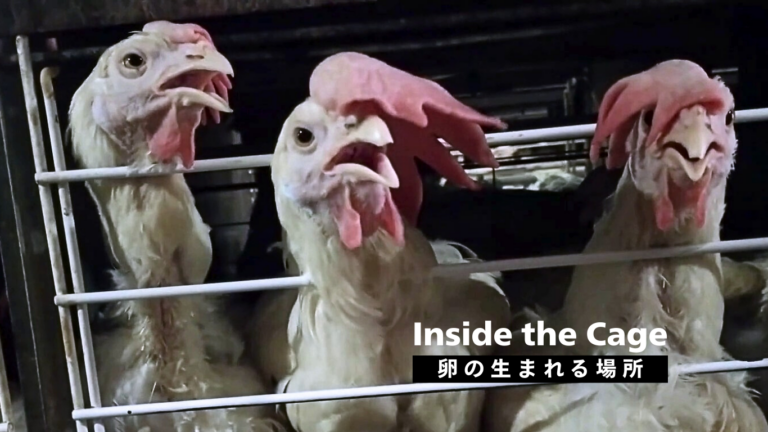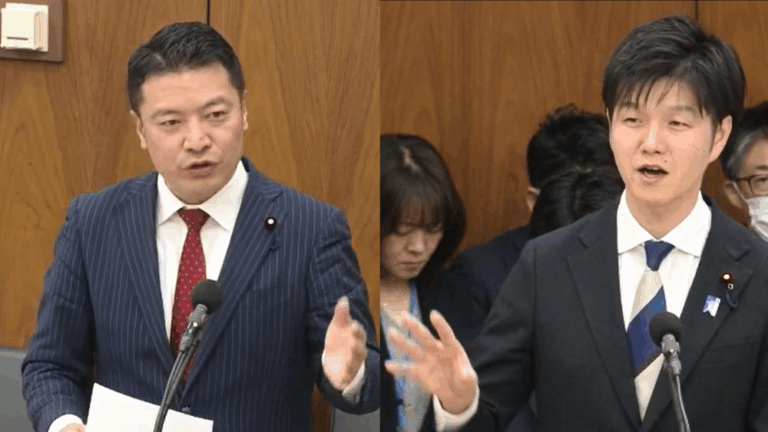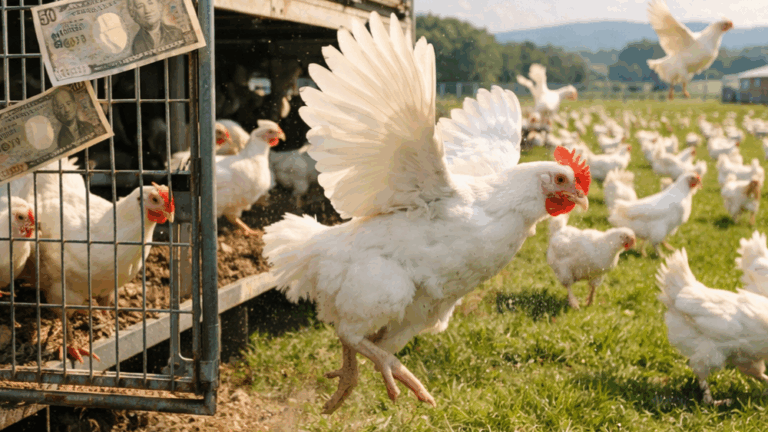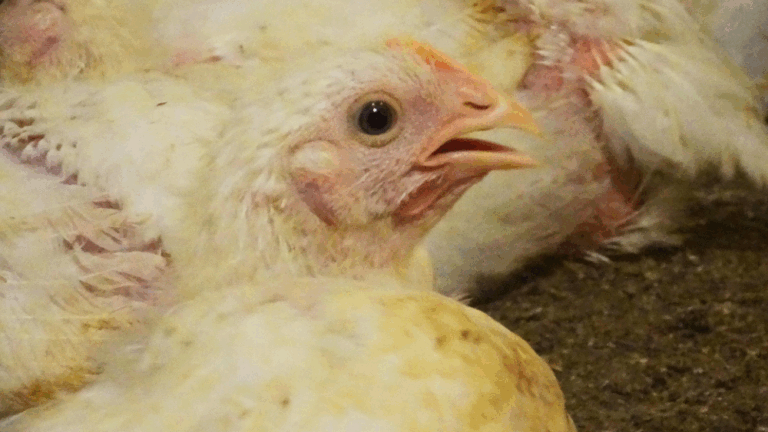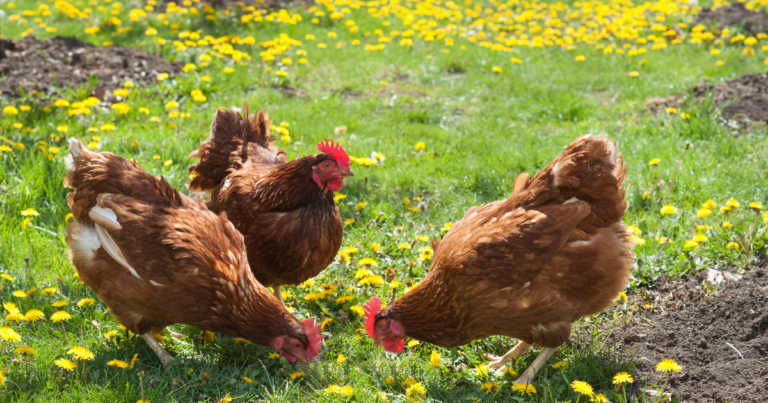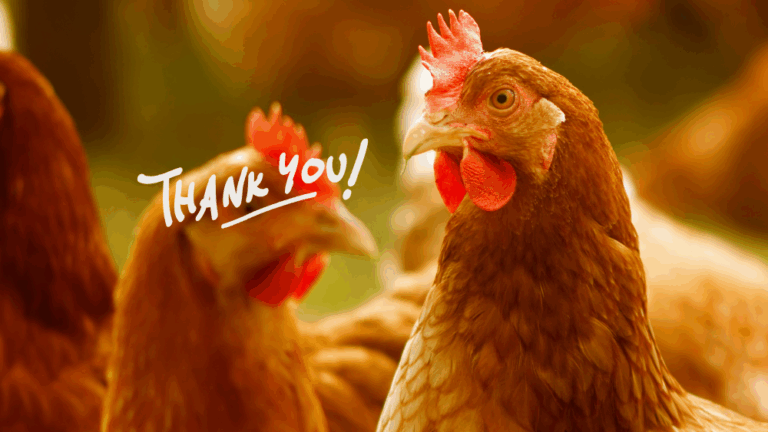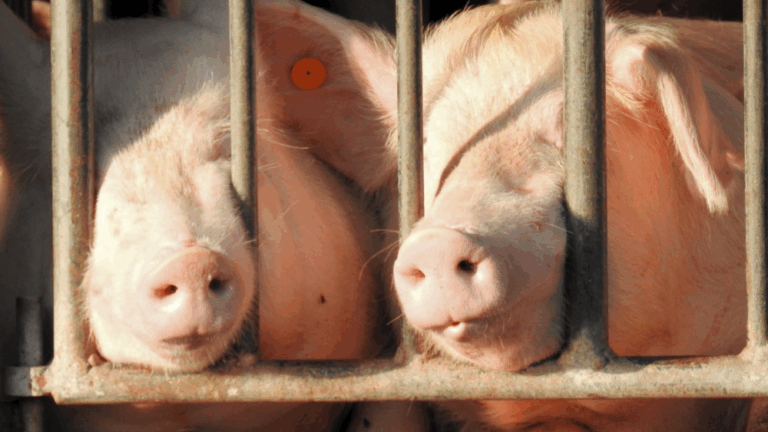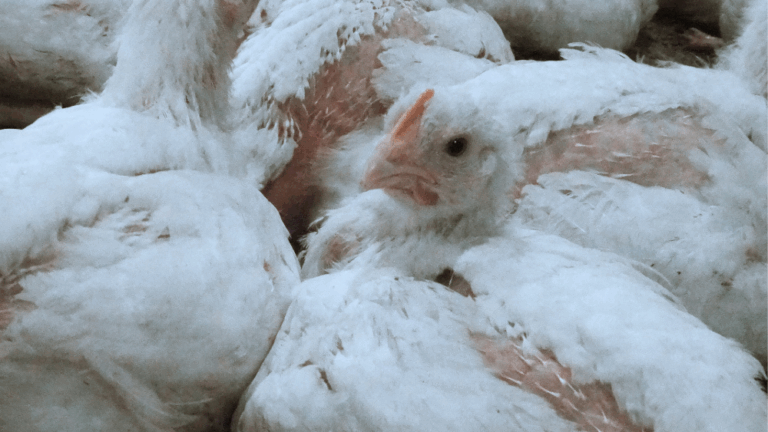The committee members discussed a bill to revise the current act on climate change at the Environment Committee on April 27th 2021. In the committee, Mr. Kushida from Kanagawa commented that not only do we need stipulations about greenhouse gas emission, but we also need a measure for absorption. He also pointed out Japan’s impact on gas emission and destruction, not just domestically but also on a global scale.
This is quite an important viewpoint when we discuss our goal to become carbon neutral. And yet, our legislation fails to present this angle. The government presented the goal based on the elimination of CO2 emission from our production activity, which excludes products imported from other countries.
If you take a look at the amount of CO2 emission only, it skews and misleads since Japan heavily relies on imports. On the other hand, a country like Brazil is presented negatively as its production activity and the exportation of their goods is quite high.
In other words, this viewpoint of CO2 emission doesn’t capture an accurate picture in today’s global world since it only takes a look at the number based on the country where the products are produced.
What we lack is a perspective from consumption in light of our carbon footprint. The Ministry of Environment has been trying to educate what carbon footprint and water footprint are, but the consumption-based angle is absent when they talk about carbon neutrality.
According to the Ministry of Agriculture, Forestry, and Fisheries (MAFF), the ratio of imported feed for livestock animals consisted of 23% of coarse feed, such as grass, and 88% of concentrated feed, such as corn, in 2019. Mr. Kushida commented about how much Japan is relying on importation for animal feeds, which ultimately leads to environmental damage to countries where these feeds are produced, due to CO2 emission there. He stated that Japan should practice free-range and grass-fed to transition into a more sustainable way of agriculture. With that, he also pointed out we should take into account, not only the CO2 emission due to domestic production activity, but also those outside Japan.
In response to this, Minister Koizumi made a comment:
This is not just about the livestock industry. For instance, it also includes palm oil or cacao beans for chocolate. We learned about the flower business from Professor Shinohara today, too.
The clothes I’m wearing now are 98% imported.
The point is we need to transition our lifestyle into a more sustainable one in a holistic fashion, Shifting to grass-fed practice is just one of the ways.
With that said, we, the Ministry of Environment, will work together with the MAFF to transition out of a carbon-based system as part of “the Green Food Strategy System,” which is currently led by the MAFF.
—
Mr. Kushida also suggested relying more on food technology to offer replacements with more efficient meat such as soy protein based meat because productivity would slow down if we put more importance on animal welfare.
Food technology is a project led by the MAFF. They say it’s a growing industry the world has been investing in because we need to improve productivity of food due to overpopulation. More and more people are voicing the need to reduce our environmental impact in terms of food.
In response to this suggestion, Minister Koizumi pledged to set the goal that Japan will make efforts to cut its emission by 46 percent while deepening our understanding of climate change.
We hope more people will make food choices that are more environmentally friendly.
In addition, he mentioned the letters from elementary school children that requested more education on veganism.
As a side note, Futaba Mirai Gakuen school has introduced Veggie Monday.
We truly appreciate Mr. Kushida and Minister Koizumi for giving great presentations to show the clear connection between animal welfare issues and environmental issues.
Translated by Seika K


